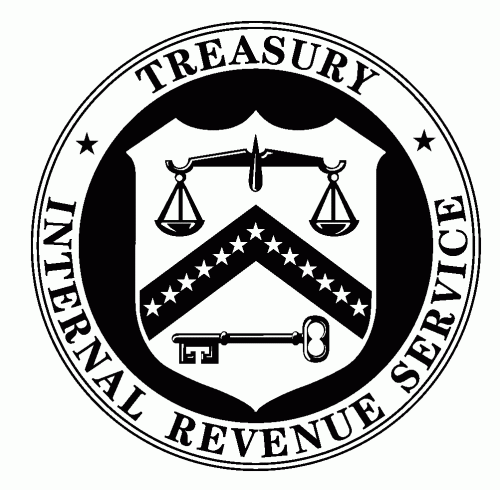The I.R.S. can now enter into tax collection contracts with third parties for the collection of certain outstanding inactive tax receivables. The Journal of Accountancy states that the passport revocation section of the law (H.R. 22), defines inactive tax receivables as any tax receivable
- that has been removed from the I.R.S.’s active inventory due to lack of resources or inability to find the taxpayer;
- for which more than one-third of the applicable limitation period has passed and no I.R.S. employee has been assigned to collect the receivable; or
- that has been assigned for collection, but more than 365 days have passed without interaction with the taxpayer for purposes of furthering collection of the receivable.
Not eligible for collection under qualified tax collection contracts are: tax receivables relating to pending or active offers in compromise or installment agreements, the ones related to innocent spouse cases, deceased taxpayers, minors, taxpayers in designated combat zones, victims of tax-related identity theft, receivables that are currently under examination, litigation, criminal investigation, or levy or currently subject to a right of appeal.
The provision applies to tax receivables identified by the I.R.S. after the date of enactment which was 12/4/15. The act also requires the I.R.S. to use its collection enforcement budget to fund a newly created special compliance personnel program and to establish an account for the hiring, training, and employment of special compliance personnel.
This is all about the money, and how to collect more money, as the I.R.S. finds that it is hard to collect tax bills. Many believe that it is a very bad idea to let the I.R.S. farm out collection work to private contractors. According to a Forbes magazine article dated December 8, 2015, (http://www.forbes.com/sites/robertwood/2015/12/07/irs-private-debt-collectors-are-now-legal-10-things-you-should-know/?ss=taxes), here is what you need to know:
1. The private collector usually will contact the taxpayer by letter.
2. If the taxpayer’s last known address is incorrect, the private collector searches for the correct address. Next, the private collector will telephone the taxpayer to request full payment.
3. If the taxpayer cannot pay in full right away, the private collector offers an installment deal for up to five years.
4. If the taxpayer is unable to pay even over five years, the collector asks for taxpayer financial information to see what sort of deal the taxpayer should get. There are controls on financial data, but there is considerable worry about having taxpayer data in private hands.
5. Private collectors cannot accept payments. Do not pay them directly!
6. The Fair Debt Collection Practices Act applies to private collectors. This is the same law that applies to collectors in other circumstances.
7. There are many reports required under the law. Congress and the Treasury Department are trying to determine if private collection is efficient and how well it works.
Don’t be a victim of your own making. Don’t be a victim of a potential Tax collection scam. If you have tax debts, please consult your tax specialist now.
Stanley I. Foodman is CEO of Foodman CPAs & Advisors in Miami, Florida and a recognized forensic accountant and litigation support practitioner. Specializing in complex domestic and international tax matters, he has served as an expert witness and forensic accountant for some of the nation’s most challenging, high-profile economic crime cases. He and his team of accountants also assist clients with a full range of accounting matters including compliance, voluntary disclosure, corporate and individual taxation, family law litigation, estate and trust tax and wealth planning. Consistently ranked as one of the top accounting firms in South Florida, Foodman CPAs & Advisors assists clients locally, nationally and internationally.



